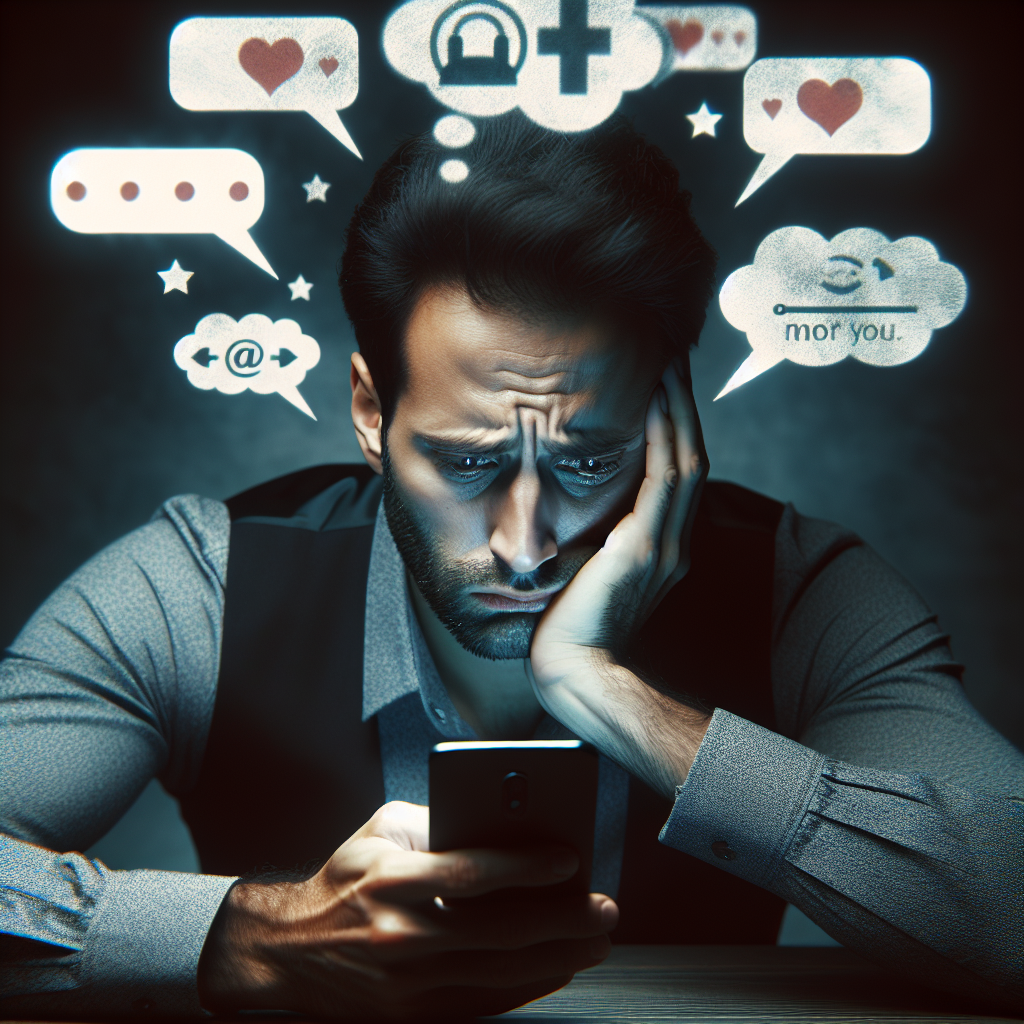Social media has become an integral part of our daily lives, offering a platform for people to connect, share their thoughts, and stay updated with the latest trends. However, the harmful influence of social media on the mental health of gay men has become a growing concern.
Gay men often face unique challenges and experiences that can lead to mental health issues, such as discrimination, social stigma, and fear of rejection. These challenges are often amplified on social media, where users are exposed to a constant stream of unrealistic standards, unhealthy comparisons, and cyberbullying.
One of the key contributors to the harmful influence of social media on the mental health of gay men is the hyper-idealized portrayal of physical appearance. Platforms like Instagram, for example, are filled with images of perfectly sculpted bodies and a standard of beauty that can be unattainable for many. This constant exposure to idealized body images can lead to body dissatisfaction, low self-esteem, and an increased risk of developing eating disorders.
Moreover, social media can exacerbate feelings of isolation and loneliness among gay men. While it can provide a sense of community and support, it can also create an environment where individuals are constantly comparing their lives to the seemingly perfect lives of others. This can lead to feelings of inadequacy, depression, and anxiety.
Furthermore, cyberbullying and online harassment are prevalent issues on social media platforms, which can have detrimental effects on the mental health of gay men. They may face homophobic slurs, hate speech, and derogatory comments, which can lead to feelings of shame, guilt, and self-hatred.
Research has shown a clear link between social media usage and mental health issues among gay men. A study published in the Journal of Gay & Lesbian Mental Health found that gay and bisexual men who spent more time on social media reported higher levels of anxiety and depression.
In order to address the harmful influence of social media on the mental health of gay men, it is important for individuals to be mindful of their online habits and to create healthy boundaries. This can include taking breaks from social media, unfollowing accounts that promote unrealistic standards, and seeking support from mental health professionals.
Additionally, social media platforms and organizations should take proactive steps to combat cyberbullying, hate speech, and harmful content targeting the LGBTQ+ community. This can involve implementing stricter guidelines for user behavior, providing resources for mental health support, and promoting positive and inclusive messaging.
It is crucial for society to recognize the damaging impact that social media can have on the mental health of gay men and to work towards creating a more supportive and empowering online environment. By addressing the harmful influence of social media, we can help foster a sense of community, acceptance, and well-being for all individuals, regardless of their sexual orientation.
